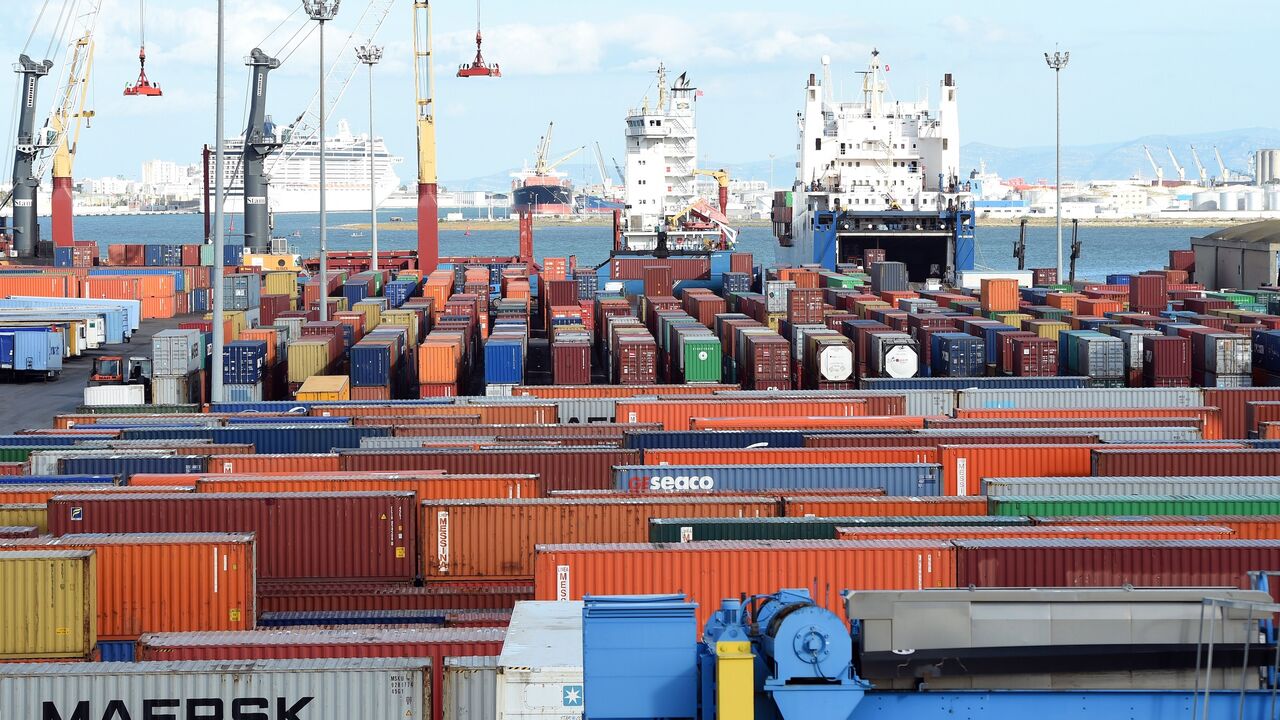Tunisia-EU economic links to prevail over political tensions

Al-Monitor Pro Members
Francisco Serrano
Journalist and analyst specialized in North Africa
Nov. 15, 2023
Tunisia rejected last month a $65 million grant from the European Union (EU), reportedly sending back the money after EU authorities had already transferred it. The package was meant to be part of a broader European assistance program that could potentially surpass $1.1 billion. Tunisia’s refusal triggered surprise, especially given its ongoing economic and budgetary crises. The country has continued to reject an IMF support program worth $1.9 billion and the conditions attached to it, and this has discouraged broader multilateral support from flowing into Tunisia. But EU authorities fear that an economic collapse will drive mass migration from Tunisia to European shores. In the short term, political tensions will make economic and diplomatic cooperation more challenging but will not deter trade or slow down ongoing economic integration.
Subscribe for unlimited access
All news, events, memos, reports, and analysis, and access all 10 of our newsletters. Learn more
Continue reading this article for free
Access 1 free article per month when you sign up. Learn more.
By signing up, you agree to Al-Monitor’s Terms and Conditions and Privacy Policy. Already have an account? Log in

